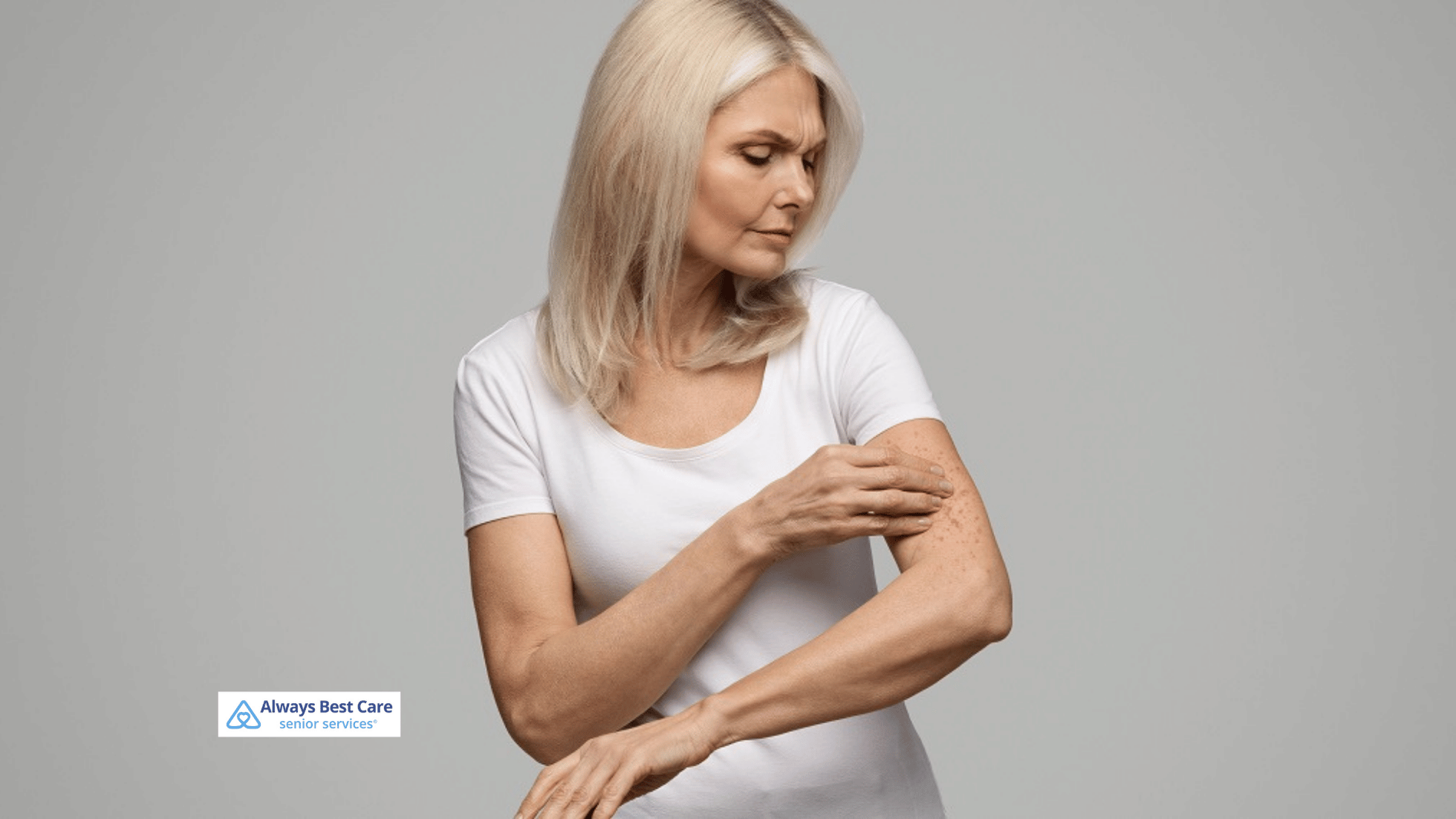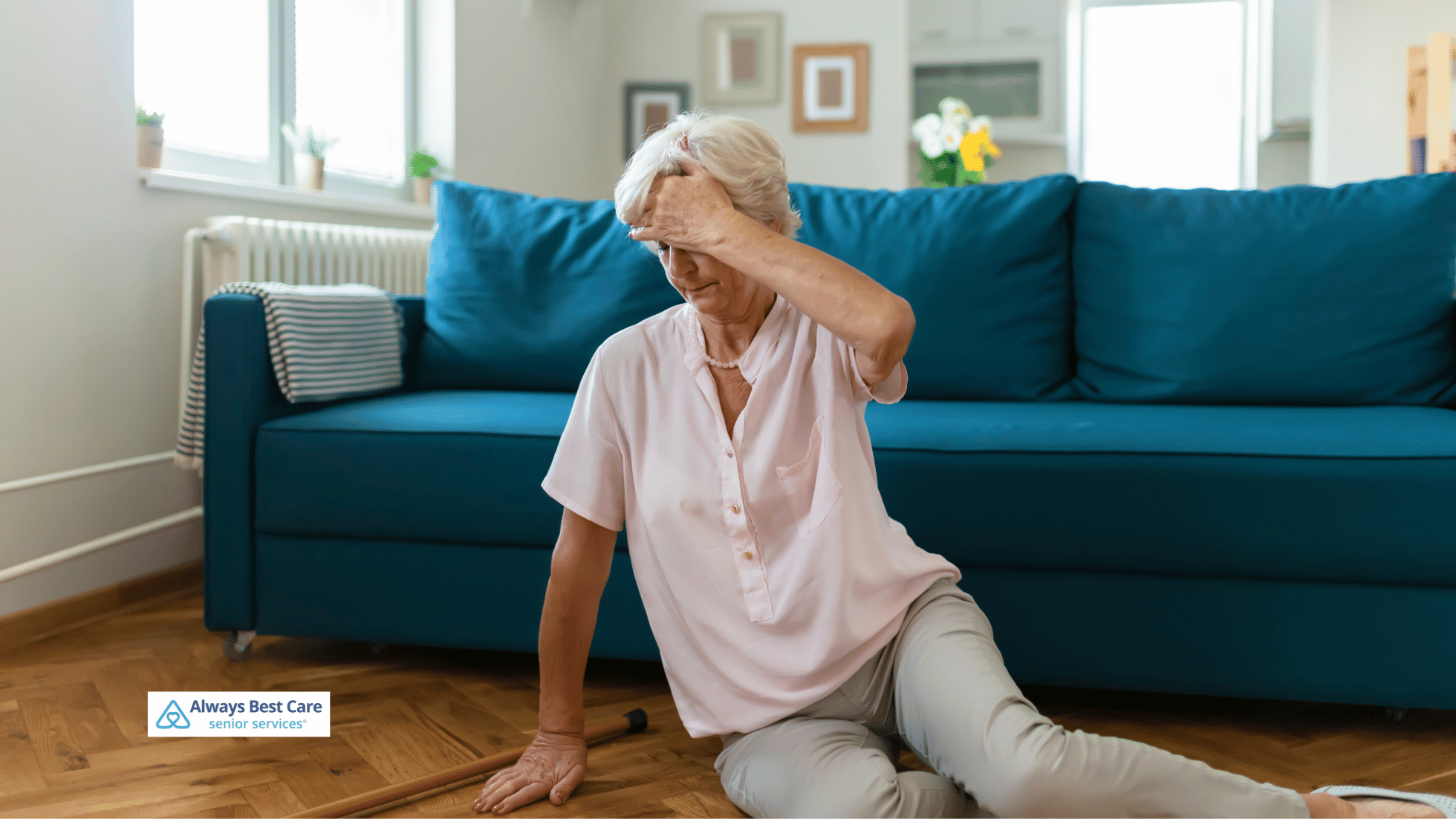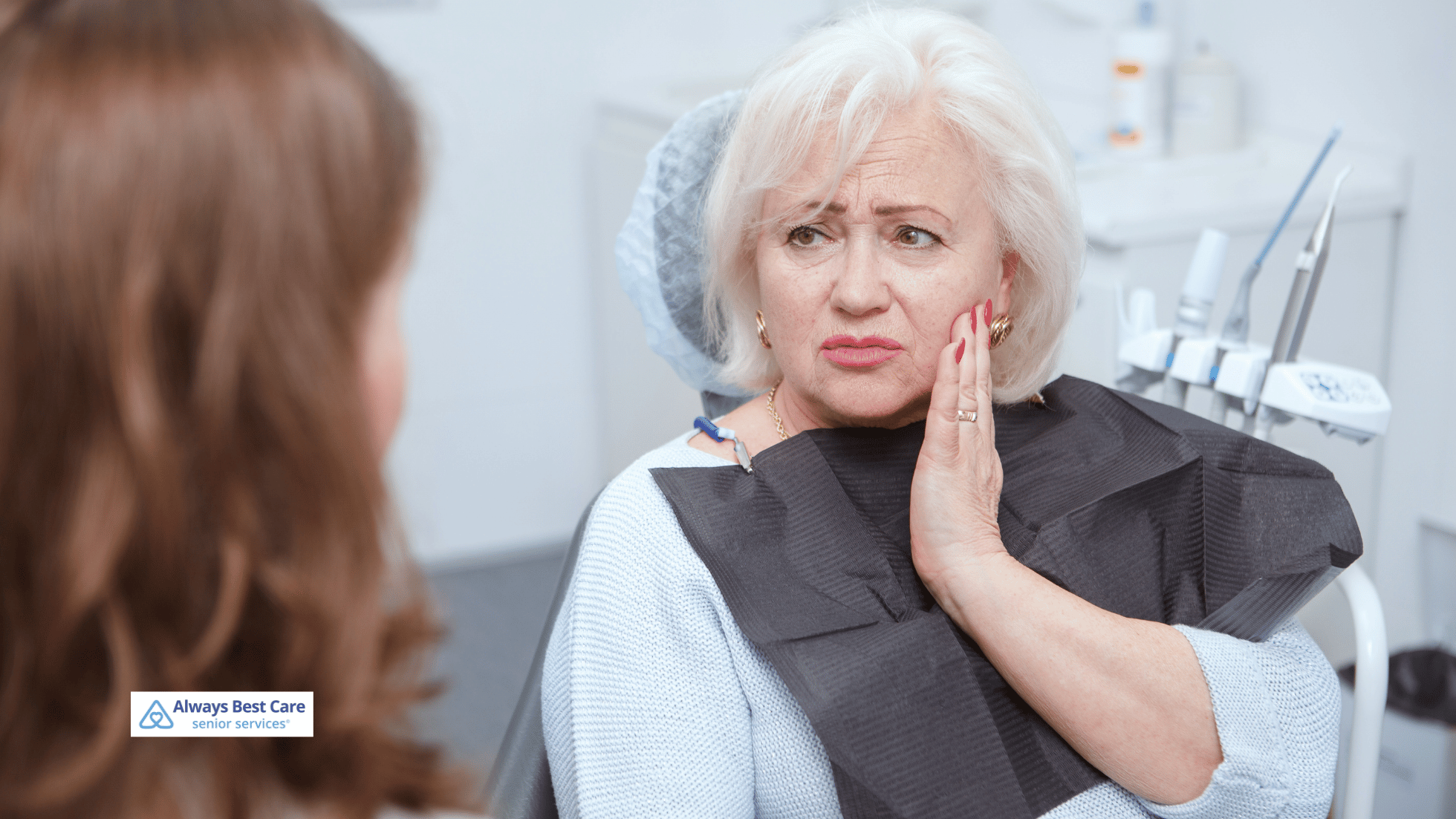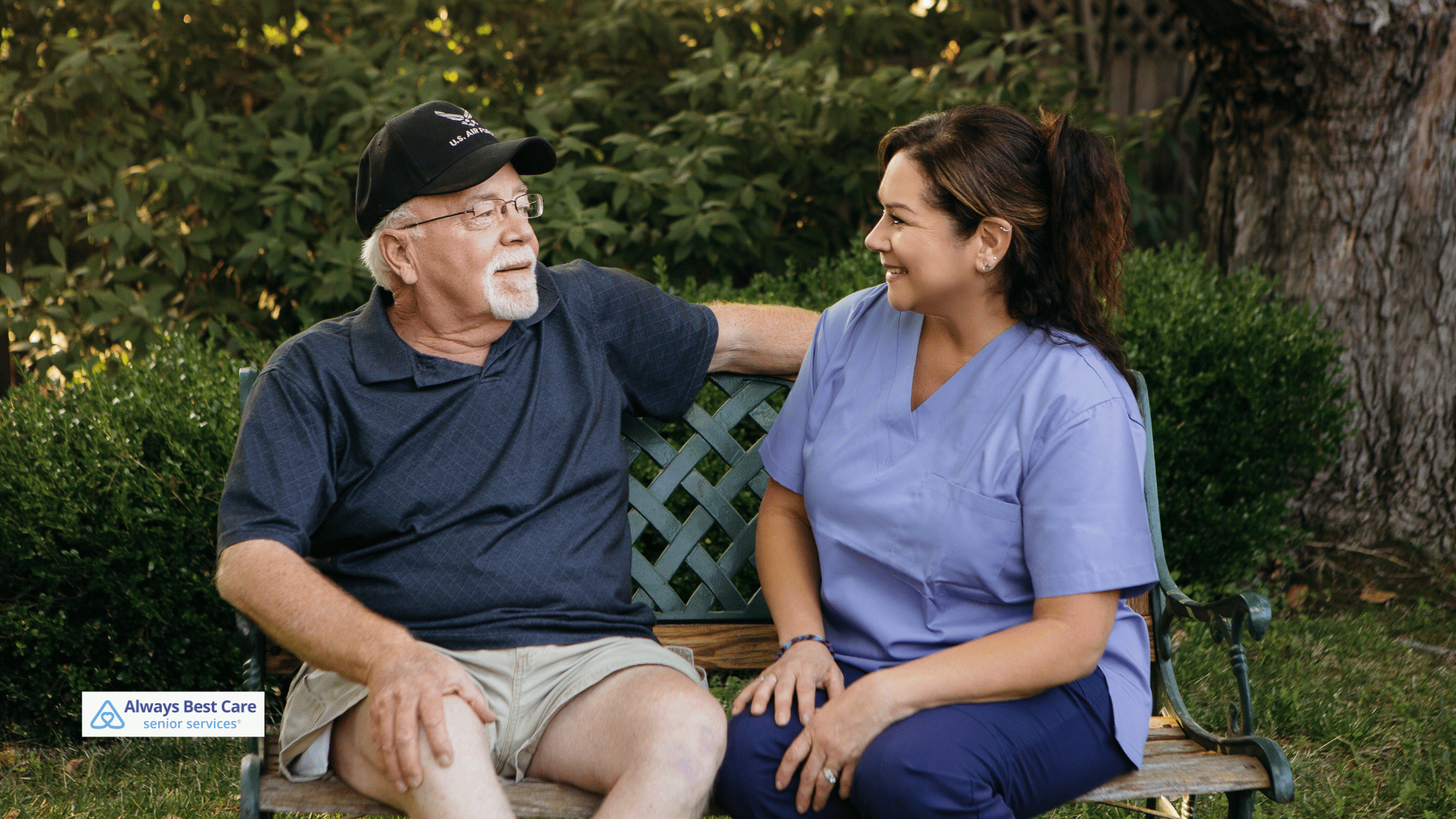Managing Psoriasis Flare-Ups: Tips for Seniors

Psoriasis impacts approximately 7.5 million adults in the U.S., many of whom are seniors.
As we grow older, dealing with this chronic autoimmune condition may become more difficult due to shifts in skin health, immune system changes, and lifestyle adjustments.
Despite the discomfort and emotional toll flare-ups can bring, seniors can still effectively manage their symptoms with the proper approach.
This guide shares helpful strategies for seniors to control psoriasis flare-ups, improve skin health, and maintain a fulfilling quality of life.
Table of Contents
Understanding Psoriasis in Seniors
Psoriasis is an autoimmune condition that causes the skin to produce new cells too quickly, leading to red, scaly patches.
While it can affect anyone at any age, seniors may notice that their flare-ups become harder to manage over time. This is partly due to the natural aging process, which can weaken the skin’s barrier and make it more prone to irritation.
For seniors, psoriasis can also be linked to other health conditions or medications, making it essential to take an active approach to manage symptoms.
The Connection between Aging and Psoriasis Flare-Ups
Aging can cause changes in the skin that affect how psoriasis behaves.
As the skin becomes thinner and drier, it becomes more sensitive to triggers that cause flare-ups.
Additionally, the immune system weakens with age, which can increase inflammation and make flare-ups more severe.
Seniors may also experience lifestyle changes, such as reduced mobility or different dietary habits, which can contribute to worsening symptoms.
Identifying Common Triggers for Psoriasis in Seniors
- Stress can significantly affect the immune system, leading to flare-ups and worsening symptoms.
- Medications like beta-blockers or lithium can aggravate psoriasis. Seniors need to review their prescriptions with a healthcare provider.
- Infections, even mild ones like a cold or sore throat, can trigger a psoriasis flare.
- Dry, cold air can make the skin drier, leading to more frequent flare-ups.
Daily Skin Care Tips for Managing Psoriasis
- Keep Skin Hydrated: Use fragrance-free, gentle moisturizers several times daily to lock in moisture and soothe irritated areas.
- Avoid Hot Water: Hot water can strip the skin of its natural oils, so opt for lukewarm water when bathing.
- Use Soap-Free Cleansers: Choose gentle, soap-free cleansers to avoid further irritation and dryness.
- Pat Skin Dry: After bathing, pat the skin dry with a soft towel instead of rubbing, which can irritate sensitive skin.
Diet and Lifestyle Adjustments to Reduce Flare-Ups
An anti-inflammatory diet rich in fruits, vegetables, whole grains, and healthy fats can help reduce inflammation and improve skin health.
Omega-3 fatty acids, found in fish like salmon and walnuts, are particularly helpful in managing psoriasis symptoms.
Staying active is also important, as regular exercise helps reduce stress and inflammation.
Seniors should aim to stay mentally and emotionally healthy by engaging in relaxing activities like yoga or meditation to reduce stress, a known psoriasis trigger.
Exploring Medical Treatments for Psoriasis
Topical treatments like creams and ointments can be applied directly to the skin to reduce inflammation and slow down the production of skin cells.
Light therapy, or phototherapy, can be effective for those with more severe cases, as it uses ultraviolet light to slow the growth of skin cells. For some seniors, biologics—medications that target specific parts of the immune system—may be recommended by a doctor.
Coping with the Emotional Impact of Psoriasis
Living with psoriasis can take an emotional toll, especially for seniors who may feel self-conscious about their skin. The condition can cause stress, anxiety, and even depression.
It’s essential to find ways to cope with these feelings, whether by talking to a friend or family member, joining a support group, or seeking professional help from a therapist. Managing stress can also help reduce flare-ups, creating a positive cycle of better mental and physical health.
Staying social and engaging in joyful activities can improve emotional well-being, even on difficult days.
When to Seek Professional Help for Psoriasis
If flare-ups are becoming more frequent or severe, it may be time to seek professional help. Seniors should consult a dermatologist if they notice their psoriasis is no longer responding to at-home care or if it’s affecting their quality of life.
A dermatologist can advise on the latest treatments and tailor a plan to fit individual needs. It’s also important to reach out if psoriasis is causing joint pain, as this can be a sign of psoriatic arthritis, which requires medical attention.
Take Control of Your Psoriasis with Personalized Care
At Always Best Care of Desert Cities, we understand how challenging managing psoriasis can be, especially for seniors. Our compassionate caregivers are here to provide the support you need, from daily skincare routines to help you avoid triggers that lead to flare-ups. Contact us today to learn more about our in-home care services and how we can help you live more comfortably while managing your psoriasis.
Contact Always Best Care of Desert Cities at 760-259-2234 to learn more and schedule your free consultation!





